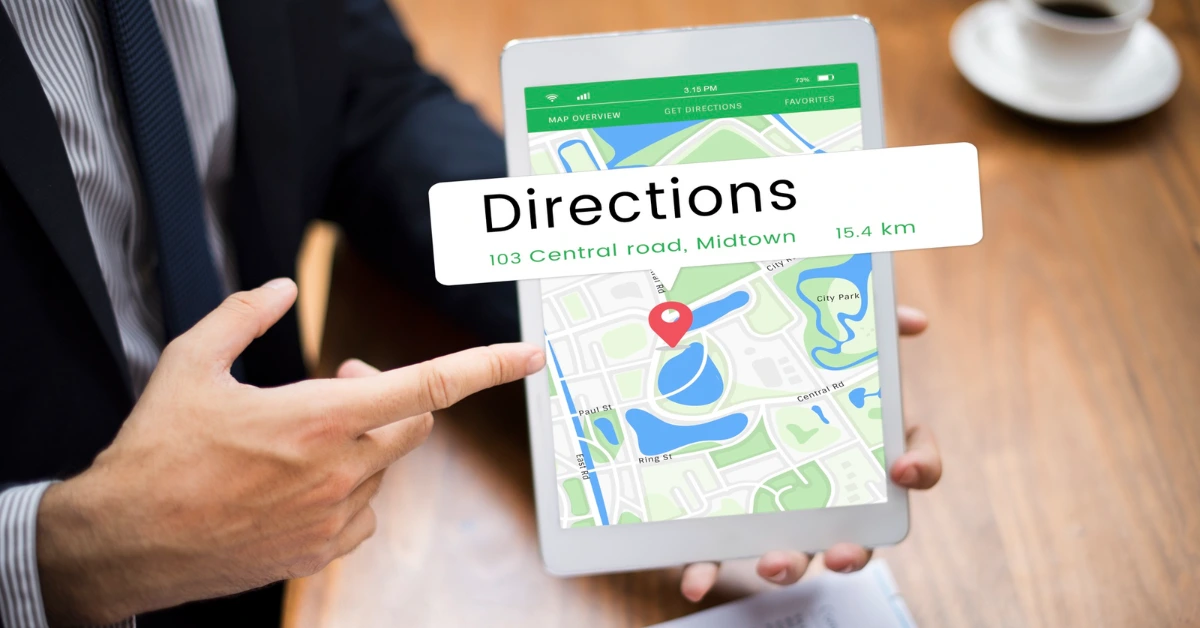In the competitive world of eCommerce, ranking high on search engines can make or break your business. And while product optimization, site speed, and user experience are crucial, one factor consistently stands out as a major ranking signal: backlinks.
Backlinks act as votes of confidence. When high-authority websites link back to your eCommerce store, Google views your brand as trustworthy and relevant, giving you a significant boost in organic rankings. But here’s the challenge: unlike blogs or SaaS companies, eCommerce sites often struggle to naturally earn backlinks. After all, why would someone link to a product page?
That’s where strategic backlink building for eCommerce comes in. This guide will show you proven, practical, and white Label strategies to build backlinks that actually move the needle for your online store.
By the end, you’ll know:
- Why backlinks matter so much in eCommerce SEO
- Which types of backlinks bring the highest ROI for stores
- Step-by-step strategies to earn links (without spammy tactics)
- Common mistakes to avoid
Let’s dive in.
Why Backlinks Matter for eCommerce SEO

- Backlinks as a ranking factor – Google uses them to measure authority.
- Trust & credibility – A site with backlinks from top blogs, magazines, or influencers is trusted more.
- Organic traffic growth – More authority = higher rankings = more sales.
- Competitive landscape – In eCommerce niches like fashion, tech, or beauty, those who win backlinks dominate SERPs.
Pro Tip: For eCommerce, quality matters way more than quantity. A few links from authority blogs beat hundreds of spammy directory links.
Types of Backlinks That Work Best for eCommerce

- Guest Post Links – Writing valuable content for niche blogs.
- Resource Page Links – Getting featured on “best tools” or “shopping guides.”
- Product Roundup Links – Inclusion in “Top 10 [Product]” lists.
- Influencer Mentions – Bloggers & YouTubers reviewing your products.
- PR/News Links – Launches, unique products, or brand stories covered by media.
- Ego-Bait Links – Featuring industry influencers in your content so they link back.
Proven Strategies to Build Backlinks for eCommerce

1. Create Linkable Assets
- Why product pages don’t attract links.
- How to create blog posts, buying guides, infographics, or original research.
Example: An outdoor gear store publishes “The Ultimate Hiking Checklist” → gets links from blogs and forums.
- Content ideas for eCommerce:
- Ultimate product buying guides
- Data-driven studies (e.g., “Trends in sustainable fashion 2025”)
- Seasonal gift guides
- Infographics showcasing product comparisons
2. Leverage Digital PR
- Announce product launches or eco-friendly initiatives.
- Pitch to journalists via HARO or Qwoted.
- Build relationships with niche editors for recurring mentions.
Example: A skincare brand gets featured in Allure after announcing sustainable packaging.
3. Influencer & Blogger Outreach
- Partner with micro-influencers for authentic reviews.
- Send free products for unboxing videos (include backlinks in YouTube descriptions).
- Pitch bloggers to include your product in listicles.
- How to personalize outreach so it doesn’t feel like spam.
4. Broken Link Building for eCommerce
- Find broken links on relevant blogs or resource pages.
- Offer your content/product as a replacement.
Example: If a competitor’s product link is dead, suggest your updated guide/product.
5. Partnerships, Sponsorships & Collaborations
- Sponsor local events → get links from event websites.
- Collaborate with complementary brands for co-marketing campaigns.
Example: Coffee brand partners with a mug company → both cross-link.
Common Mistakes to Avoid
- Buying spammy backlinks (risk of penalty).
- Over-optimizing anchor text (looks unnatural).
- Only focusing on product pages (instead, push linkable content).
- Ignoring relationship-building.
Measuring Success: How to Track Backlink ROI
- Use Ahrefs, SEMrush, or Moz to monitor new links.
- Track Domain Rating (DR), organic traffic growth, and keyword rankings.
- Attribute links to revenue: did traffic from certain backlinks convert into sales?
Conclusion
Backlink building for eCommerce isn’t about quick wins, it’s about creating long-term authority. By focusing on high-quality, relevant, and white Label strategies, you can build a strong backlink profile that fuels traffic, rankings, and sales for years to come.
Ready to scale your eCommerce store’s SEO without the headaches of outreach? We specialize in white label link building and SEO for eCommerce. Whether you’re an agency or a growing online brand, we’ll help you dominate the SERPs ethically and effectively.







Share